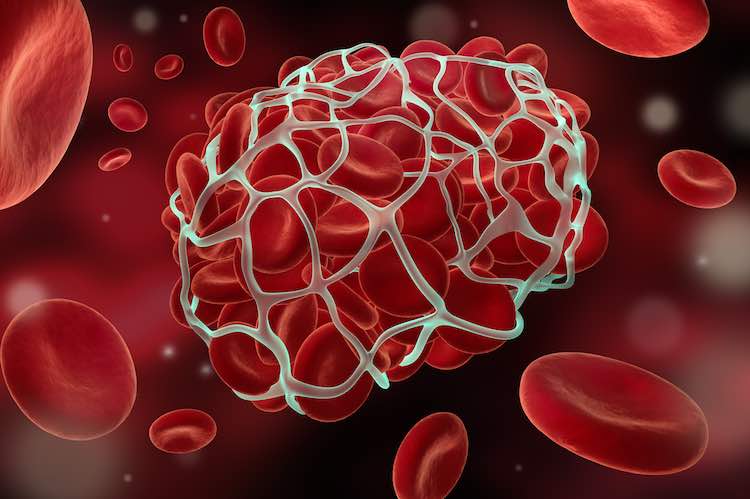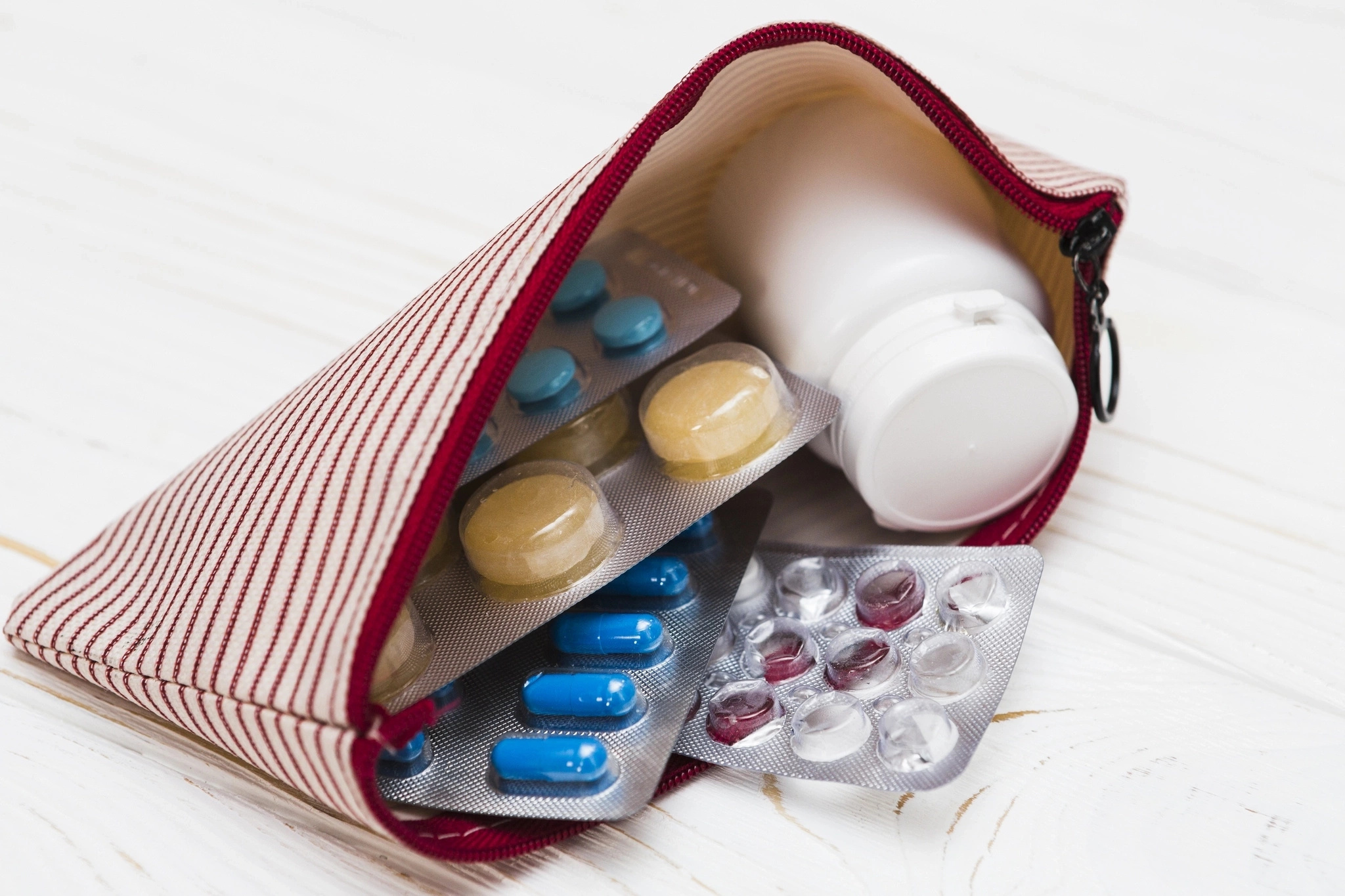Alcohol And Blood Clots In Leg. Symptoms of an arterial blood clot in a limb (leg or Symptoms of mesenteric ischemia (blood clot to an artery that supplies the intestine) include abdominal pain, nausea, bloating, and blood in the stool. Blood clots in the veins can cause inflammation (irritation) called thrombophlebitis.

And if you do develop a clot, treatment with anticoagulant medications can protect you from developing another.
A blood clot in the coronary arteries can cause a heart attack.
Smaller blood clots that partially block blood flow may cause only mild symptoms or none at all. However, blood clots also have the potential to If there is a discolored patch of skin on your leg coupled with pain and swelling, there is a high chance that you have a blood clot in your leg. Period blood clots are not always a reason for concern. The formation of a blood clot can be caused by hypercoagulability, endothelial injury, and blood stasis. Blood clots can form in veins or arteries. A clot, or thrombus, occurs when there is coagulation of blood due to hemostasis.
A DVT blood clot in the leg is a serious condition that can lead to a life-threatening event called pulmonary embolism. The blood clots that usually cause lung embolisms begin in the legs or pelvis. If a DVT breaks off and travels through the. Blood clots are also known as deep vein thrombosis, as they typically form in the deep veins of the body that aren't visible through the skin. In your heart, it can lead Stay hydrated by drinking lots of water and avoiding alcohol. Roughly ten percent of those with DVT will go on.
Hydrate with an electrolytic beverage (tomato juice, sports drink) versus water and avoid alcohol ( read why here ). Period blood clots are not always a reason for concern. The body creates blood clots as a normal response to Compression ultrasound detects differences in echoes or sounds made by flowing blood, and can easily detect the presence of blood clots in deep veins.






